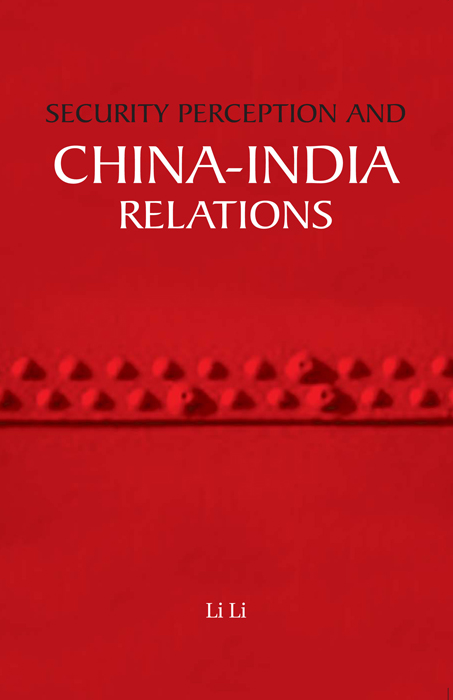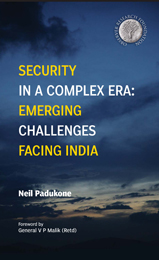Subjects
Recent View(s)
Security Perception and China-India Relations
Li Li
As China and India are rising simultaneously, the implications of their relations have far gone beyond the bilateral level. The past few years have especially witnessed a worldwide increasing interest in this relationship, and heated debates have developed over such issues as follows: Has there been any substantial change in the China-India relations since the end of the Cold War? If there has, what is the driving force behind it? And what will characterize this relationship in the future: rivalry, alliance or cooperation? It is exactly these questions that Security Perception and China-India Relations attempts to address.
In this book, Li Li, a Chinese scholar, starts her study on China-India relations with a new approach. By introducing Constructivism, a mainstream school of IR theory that emphasizes the role of ideas in international politics, Li Li examines how a changed security perception on both sides has led to the easing of tensions and a remarkable improvement in the bilateral ties of China and India after the thirty years of a “cold” relationship.
With the help of a vast body of literature, including important government sources as well as secondary ones, Li Li explains how security perceptions of China and India have respectively transformed the Cold War mindset to the new security perspective built on comprehensive national strength and cooperative security, and explores the concept's influence on their mutual policies. On basis of her analysis, Li Li also predicts the way in which China and India could ensure their simultaneous rise in the coming years and decades.


 Political Science
Political Science


